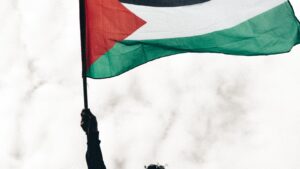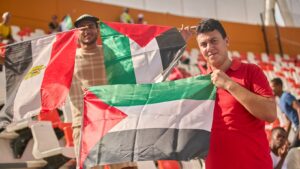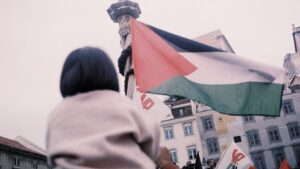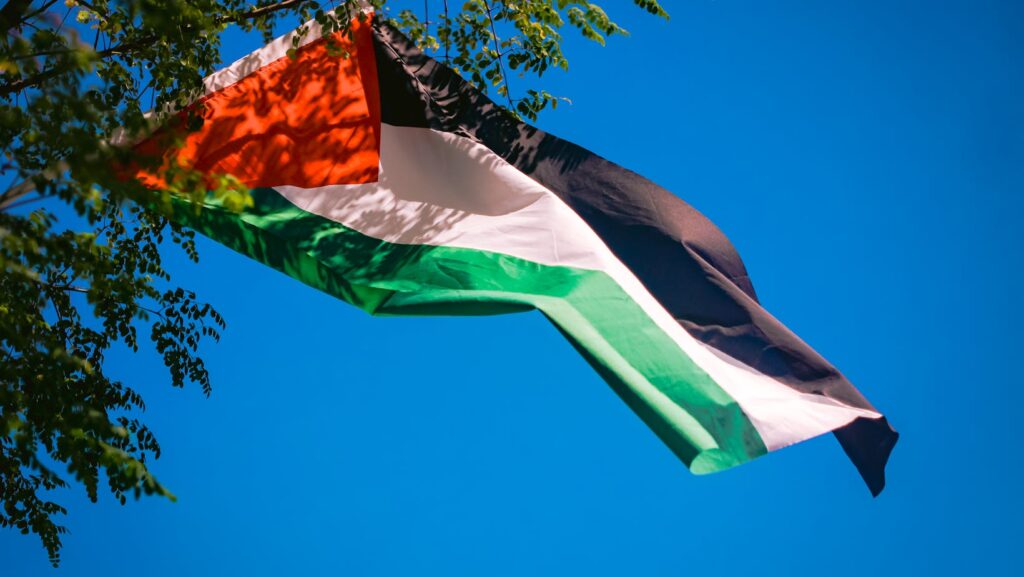Steeped in history and brimming with cultural richness, Palestine stands as a testament to the resilience and tenacity of its people. This land, often caught in the crosshairs of conflict, has a story that’s as complex as it is captivating. With an ancient past deeply intertwined with the world’s major religions, it’s a place that intrigues and invites one to explore its luxurious history.
Wallpaper:gprjbowod5k= Palestine

Building on the lively culture and resilient history of Palestine, this section takes a deeper look at the basic patterns and geographical aspects of the country. Here, the geography features shaped by nature and their implications on the region’s socio-economic fabric are examined.
Jerusalem, Bethlehem, Gaza are among the larger cities holding immense historical, cultural, and political significance. For instance, Jerusalem, recognized as one of the oldest cities worldwide, also serves as the epicenter for three major world religions – Judaism, Christianity, and Islam. Bethlehem, on the other hand, is known as the birthplace of Jesus and draws pilgrims from around the globe. Gaza, despite being one of the most densely populated areas worldwide, showcases the true resilience and spirit of Palestinians amidst ongoing conflicts.
Climate and Natural Resources
Palestine’s climate varies, with coastal areas experiencing a Mediterranean climate characterized by hot summers and mild winters, while hill regions have relatively cooler temperatures. This variant climate makes the region perfect for the growth of a variety of crops, including olives, citrus fruits, and vegetables which form a core part of the local diet and economy. Additionally, Palestine is rich in minerals, particularly in the Dead Sea region which is known for its high concentration of salts and minerals beneficial for industries and health applications.
Culture and Society in Palestine

Palestine’s linguistic environment mainly features Arabic, with the standard form used in formal domains while dialectical Arabic permeates daily conversations – an authentic reflection of Palestinians’ cultural identity. Parallel to language, religion assumes a crucial role in the society’s structure. Islam, the predominant religion, followed by Christianity, symbolizes the core faiths among Palestinians. Religious beliefs here further reinforce societal norms and customs.
Akin to its diverse cultural milieu, Palestinian music constitutes a vibrant fusion. Dabke, a folk dance accompanied by rhythmic music, typifies traditional Palestinian entertainment. In the same vein, the cuisine represents a gastronomic delight. Staples such as hummus, falafel, and tabbouleh echo the land’s agricultural richness. Palestinian meals, thus, marry culinary art and the environment’s bounty into a tangible expression of Palestine’s cultural heritage.
Economic Aspects of Palestine
Main Industries and Agriculture
Palestine’s economy demonstrates an amalgamation of traditional and modern components. Some notable industries regard textiles, soap production, and olive-wood carvings as key elements. The robust industrial sector also involves food processing, notably of olives and citrus fruits. Agriculture prominently features in the economic landscape, with farmers prominently cultivating olives, wheat, dates, and vegetables. Herding remains a customary practice within many local communities. Thus, the combination of these sectors represents the twin pillars of Palestine’s economy.
Challenges in Economy and Development

Palestine encounters several obstacles in progressing its economic and developmental activities. External factors, mainly political instability and recurrent conflict conditions, hinder investment and growth potential. Limited control over land and resources combined with trade restrictions further discourage economic advancements. High unemployment rates and lack of infrastructure also pose significant challenges to the economy. Notwithstanding these hurdles, resilience, and adaptation characterize the Palestinian ethos, steering their economy towards future growth and development.
A Tapestry of History
Palestine’s rich tapestry is woven from threads of history, cultural vibrancy, and economic potential. It’s a land where ancient cities stand testament to times past, and the diversity of its climate and resources paint a picture of natural bounty. Despite the socio-economic challenges, the spirit of the Palestinian people shines through, their resilience and adaptability driving the nation’s progress. From the hum of traditional music to the sizzle of local cuisine, the cultural fabric of Palestine is as diverse as it is captivating.

